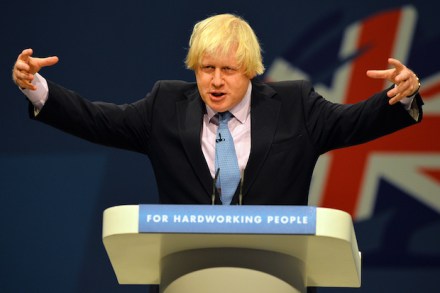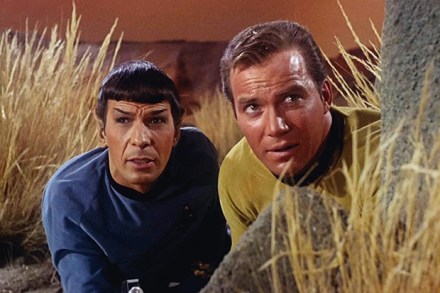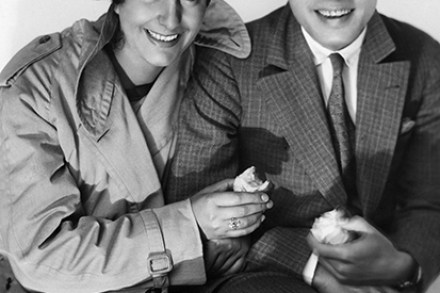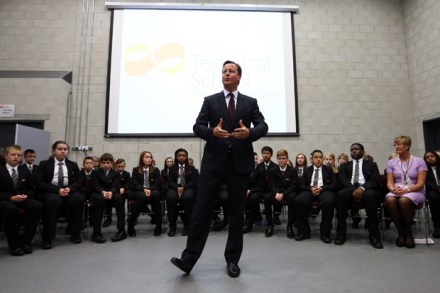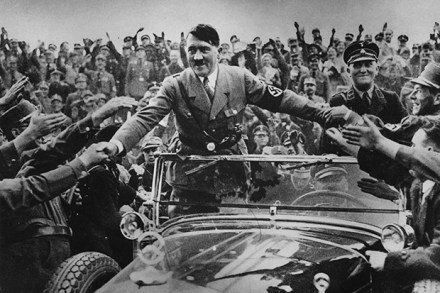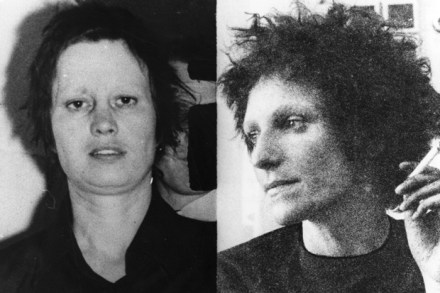Portrait of the week | 19 May 2016
Home In the Queen’s Speech, the government made provision for bills against extremism and in favour of driverless cars, drones, commercial space travel and adoption. It proposed turning all prisons into academies or something similar and consolidating British rights while reducing the power of the House of Lords. The watchword was ‘life chances’. Boris Johnson MP said that the EU was an attempt to recover the continent’s lost ‘golden age’, under the Romans: ‘Napoleon, Hitler, various people tried this out, and it ends tragically.’ For his part, David Cameron, the Prime Minister, said that in the event of Britain leaving the EU, ‘Putin would be happy. I suspect al-Baghdadi [leader



